News
The pros and cons of privatized tv channels: The case of Channel 4 in the UK
In the beginning of April 2022, the British government announced its plan to privatize the popular television channel, Channel 4. The channel is known for its critically acclaimed drama series, as well as beloved reality shows. It was launched in 1982 and has been operating as a government-owned broadcasting company, consisting of 12 channels in total. In contrast to the
Cultural policy as a meeting place of bottom-up and top-down approaches: Messages to cultural policy in Croatia based on the results of INVENT project
The importance of academic knowledge on the social aspects of culture is essential in the field of cultural policy. Nevertheless, insights of this kind are frequently neglected in the processes of devising national cultural policies in different European countries. In addition to broad EU policy frameworks, cultural policies of the nation states should include knowledge about how culture is seen
What is the purpose of museums and cultural participation?
Earlier this month, The Guardian published an article about a new study which examined the impact of museum visits on GCSE (General Certificate of Secondary Education) results in the UK. This research joins previous scholarship which explored cultural capital and its relations to sociodemographic differences (Katz-Gerro and Meier Jaeger,2015; Yaish, Katz-Gerro, 2012). According to the new study, museum outings had
New research alert: Upcoming article on personalization and authority in European cultural journalism
Is cultural journalism becoming more personalized and subjective? One of the key debates of contemporary cultural sociology concerns the alleged fragmentation of cultural authority. In an era of crisis of legacy media and normative authorities and, at the same time, strong individualization, who decides what can be defined as valuable culture? Quality journalism covering culture is a good place to
How COVID-19 Pandemic influenced Cultural Workers in Southeast Europe – Part 1
The COVID-19 pandemic has created an economic and social crisis that has both revealed and exacerbated already strong trends in many areas of society, while also creating new spaces for reflection and questioning. What are specific trends in the cultural sector that are being exaggerated by the COVID-19 pandemic? What did it mean to go digital for art and cultural
Switzerland may have to leave the Schengen area: How freedom of movement could redefine European culture
The first social impression of the Covid-19 pandemic was the restriction of movements. Suddenly, we realized that we couldn´t leave our homes, and eventually, our neighborhoods and cities. Two years later, we continue to find ourselves with situations where tickets to certain countries are canceled or where it is difficult to return home due to the emergence of new variants.
The European Year of Youth – A British Snapshot
At the end of 2021, the European Commission announced that 2022 would be “The European Year of Youth” (defined as people between the ages of 16 to 25). As Mariya Gabriel, commissioner for invocation, research, culture, education and youth, explained, this decision was motivated by “the importance of putting young people in the spotlight and celebrate their resilience after two
Town twinning: municipalism toward cultural openness
The INVENT project is analysing the general trend towards more cosmopolitan values and tastes that affect cultural consumption and favour greater cultural openness. In this blog, we delve into the phenomenon of ‘twinning’ between cities or municipalities. The practice was born in Europe after the Second World War in order to create links between different European cities or towns with
Symbolic conflicts in Serbia: Novak Đoković and the Australian Open
The contemporary Serbian society is deeply divided over the question of what and what kind of culture can and should have the status of legitimate – “valuable”, “true”, and “morally correct”. Conflicts over the “right” worldview have taken the form of Culture wars. The multitude of “Serbian divisions”, with the inevitable simplifications, summaries and generalizations, can be reduced to the
The precarity of the cultural sector: Should we reconsider the status of artists and cultural workers in Europe?
Across Europe, cultural sectors en large and the people working in fields related to art and culture were hit especially hard during the 2020 and 2021 COVID pandemic. Many cultural venues were closed, and programmes were cancelled (or weren’t initiated at all). Many artists and cultural workers fell deeper into precariousness and poverty than before COVID. Many were driven out


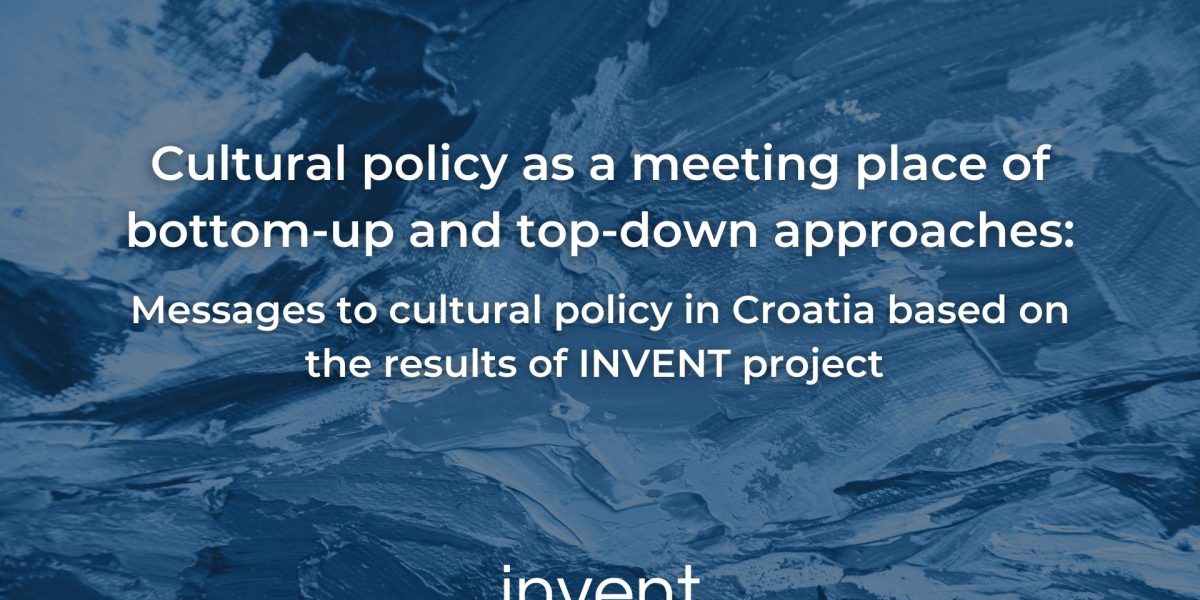
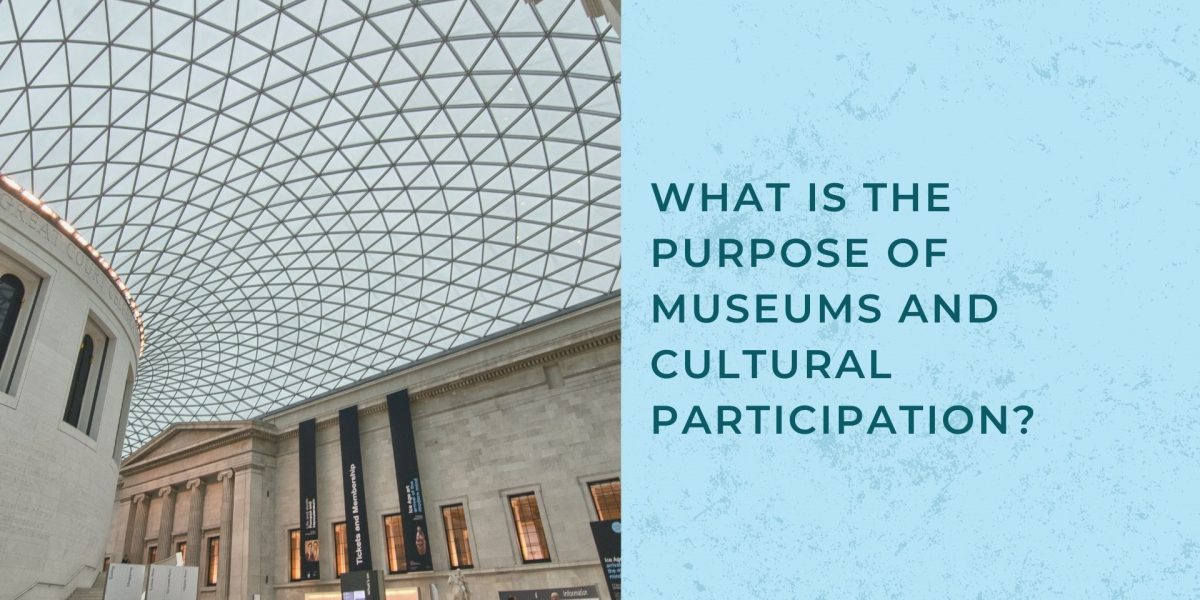
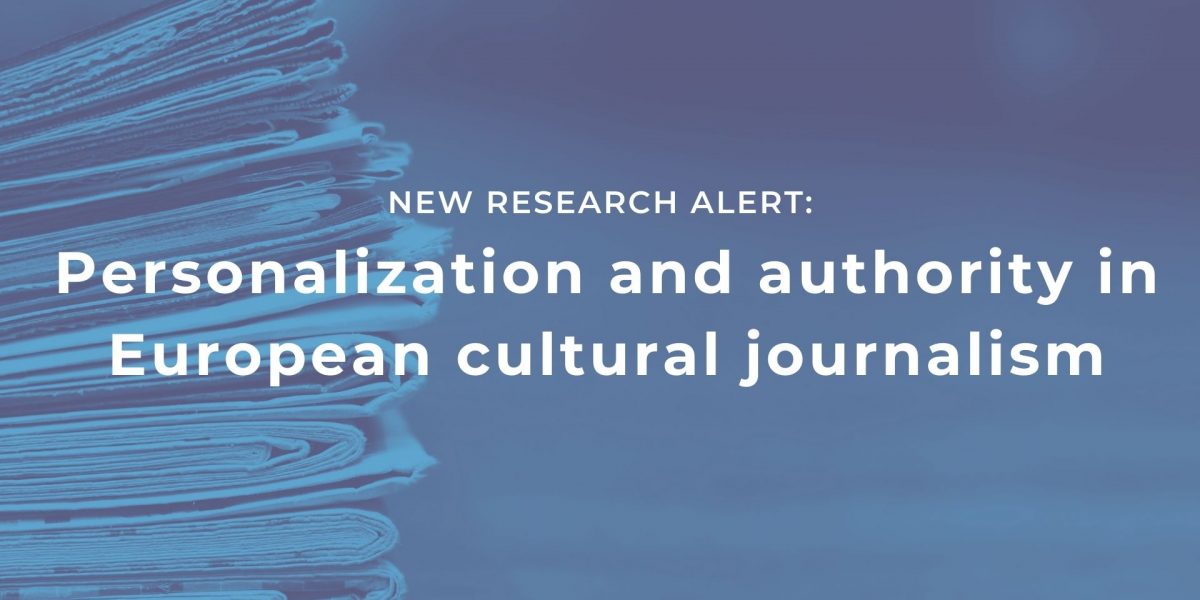
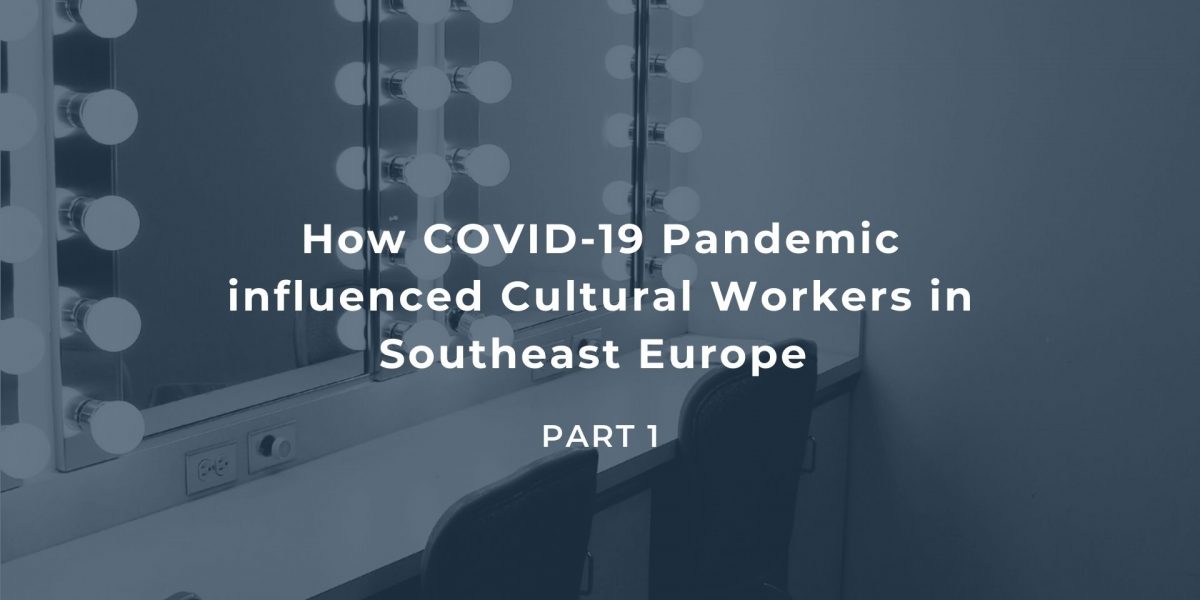
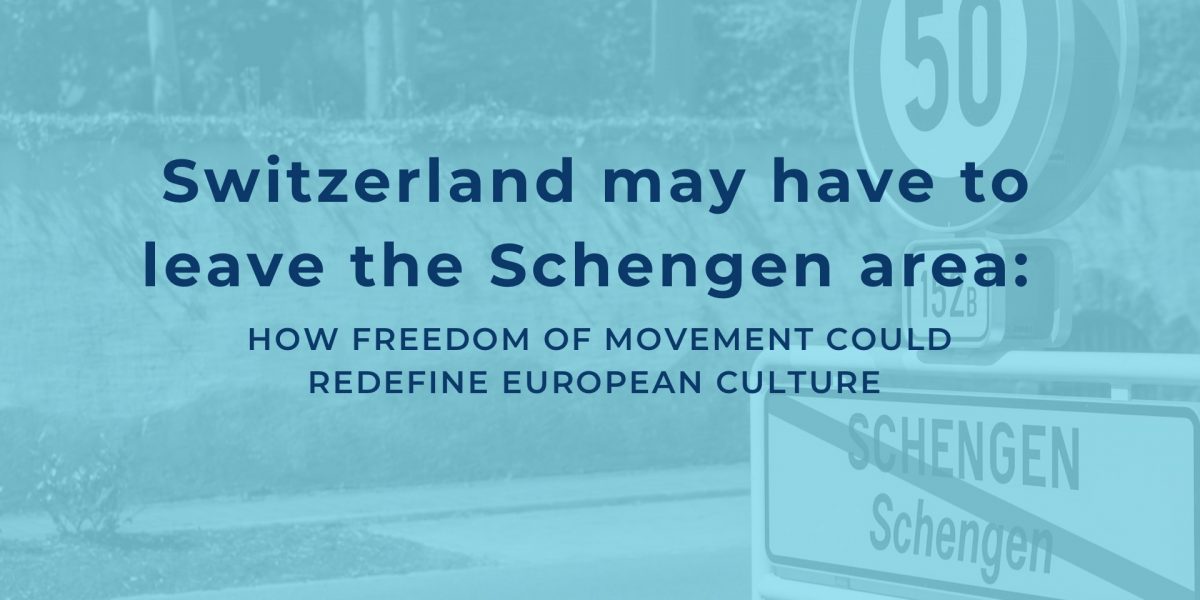
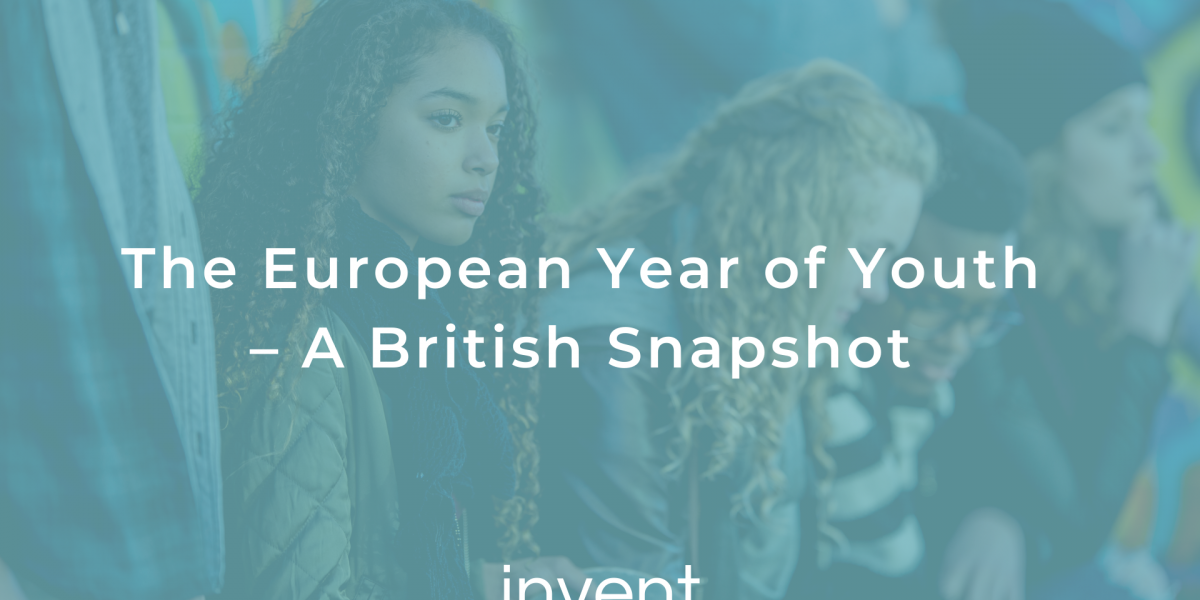
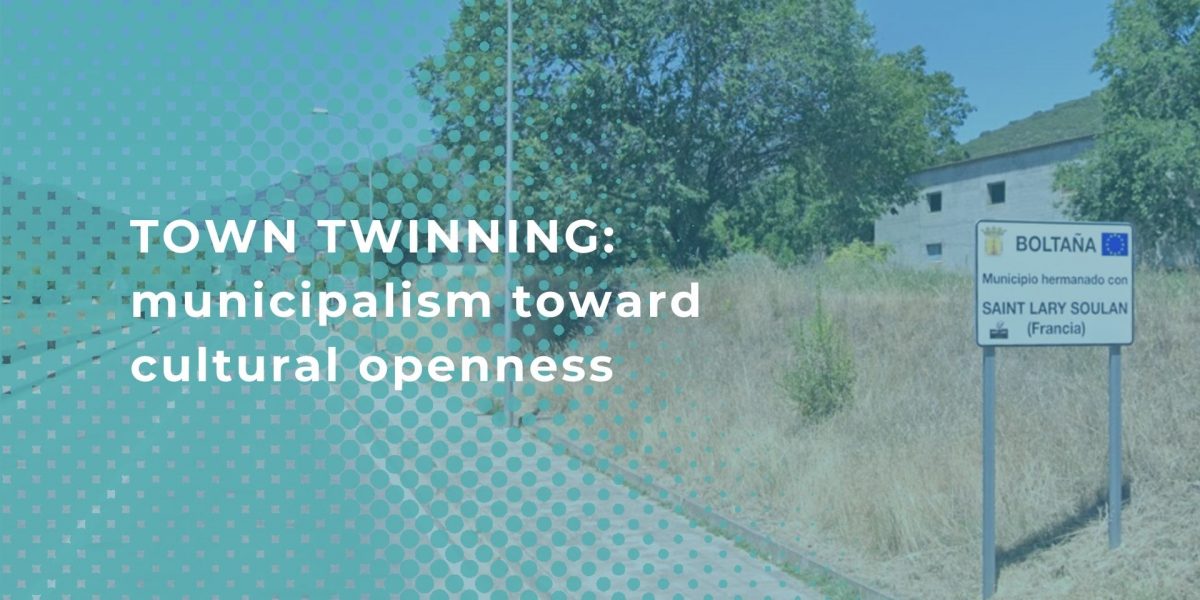

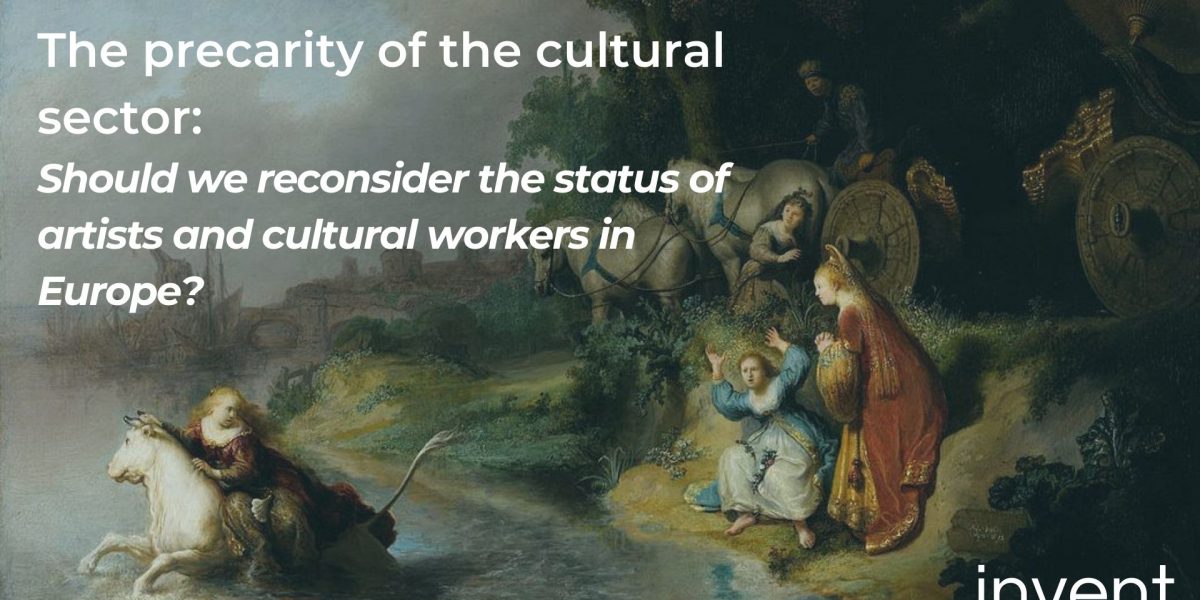

 This project has received funding from the European Union’s Horizon 2020 research and innovation programme under grant agreement No
This project has received funding from the European Union’s Horizon 2020 research and innovation programme under grant agreement No